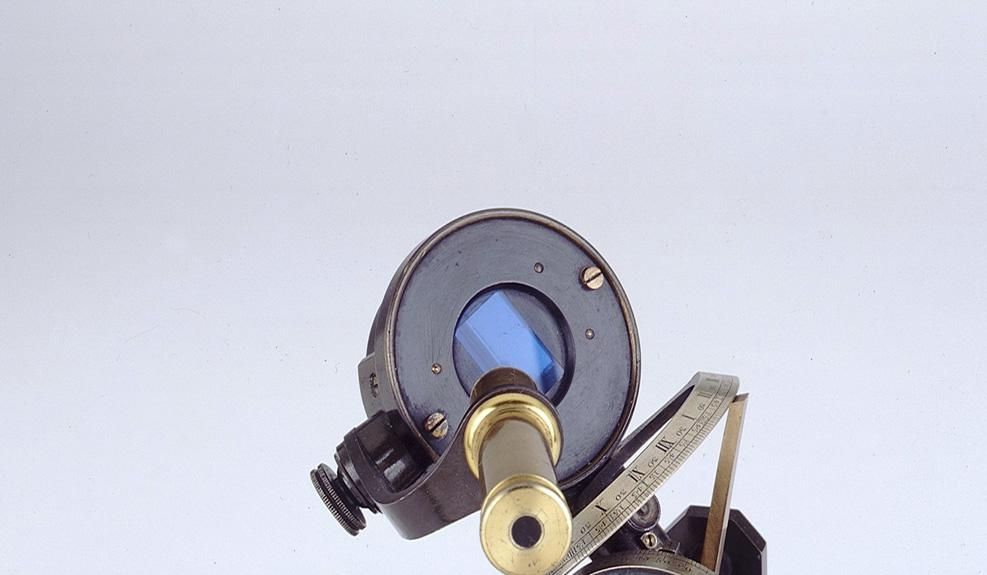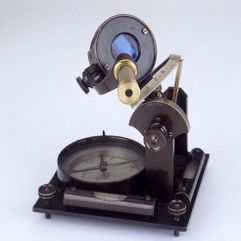

Edward John Dent & Co.
1790
One of the most celebrated of all the nineteenth-century chronometer and precision clock makers, Edward John Dent (1790-1853) made a highly important contribution to the history of precision timekeeping. After three years training under his grandfather as a tallow chandler, Dent became interested in watch-making through his cousin, the watchmaker Richard Rippon (whose widow Dent would marry in later years), then having his apprenticeship transferred to the watchmaker Edward Gaudin in 1807. Dent then set up in business on his own account as a watch, chronometer and clockmaker in 1814, submitting chronometers to the Greenwich Trials from 1826, winning the First Premium Award in 1829 and being employed by the Observatory for chronometer repairs during the late 1820s.
In 1830 he went into partnership with J.R Arnold, the company being granted the Royal Warrant in 1837. In 1836 Dent took out Patent No.7067 for the protection of chronometer balance springs by varnishing them (as a protection against rust), and in 1840 a Patent (No.8625) for various improvements to precision clocks and chronometers. The partnership of Arnold and Dent lasted ten years, during which time it contributed greatly to improvements in chronometry, much of the experimental work being carried out by Frederick Rippon, the son of Dent's cousin who was employed by the firm. Unfortunately, the firm of Arnold & Dent was dissolved under rather acrimonious circumstances in 1840, after which Dent set up on his own again next door.
During the 1840s Dent consolidated his relationship with the Astronomer Royal and the Observatory and received considerable patronage from that source. Dent went on to expand his business, having no fewer than three London premises and founding a turret clock manufactory which would build one of the most famous clocks in the world, the Great Clock at Westminster, familiarly known as 'Big Ben' (actually the name applied to the hour bell), though the work was only completed after Dent's death.
The firm of Dents continued in business for many years, only finally closing in the 1970s.
Text © Royal Museums Greenwich, 2025





